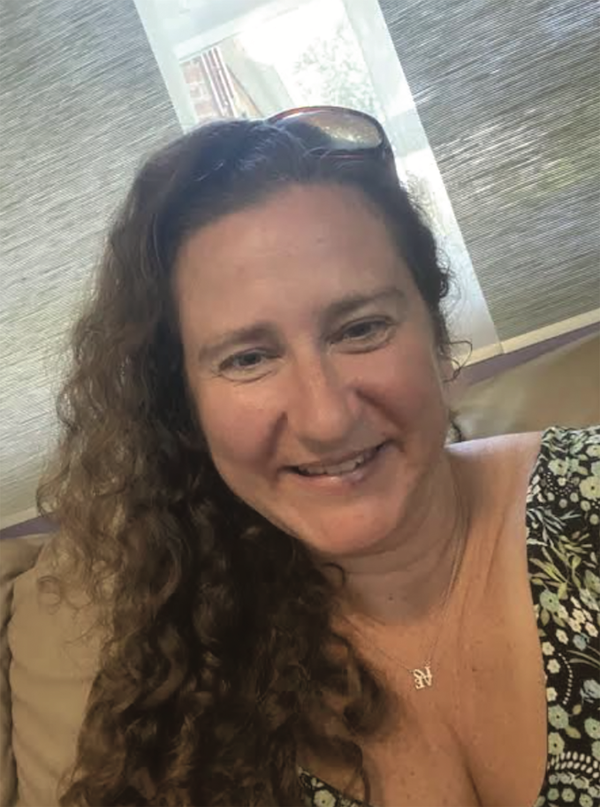You Don’t Have to Live in Fear
4 Steps You Can Take to Manage Your Post-Cancer Fears
by Deborah Seagull, PhD
A cancer diagnosis can rupture your sense of security. Even after you’ve been declared cancer free, you may still worry you’ll never be fully healthy again. Many cancer survivors also live with a persistent fear of their cancer coming back or spreading. It makes no difference if your cancer is early or late stage, just being diagnosed with this life-threatening disease can lead to frightening thoughts of illness and dying.
Before cancer, you may have lived your life in denial about your mortality, joyous and carefree. But once your security in your health has been compromised, it can be hard to get back to business as usual. You may find it difficult to enjoy day-to-day activities and live a fulfilled life because you’re so preoccupied with negative thoughts and fears about the future. All you want is to go back to being the “old you,” the person you were before your diagnosis.
However, the truth is you can’t go back to who you were before cancer. Something profound has happened to you, and you are forever changed. This can be difficult to accept, and you might worry that the negative thoughts, isolation, and fear you’re experiencing right now will stay with you forever. But there are some things you can do to manage your fears.
1 Accept your fear.
You are not alone in your fear. Fear of cancer recurrence is the most common fear among cancer survivors. Fear is a survival mechanism; it’s a natural response to something that is frightening or potentially threatening. Instead of trying to force this feeling away, tell yourself that it’s OK to feel this way. Have compassion with yourself and be understanding of what you have been through and what you are facing. Fear tends to grow when you dwell on it. Taking an honest look at your situation will help you move forward. Don’t let the fear consume you.
2 Seek out comfort.
Now that you’ve begun to accept that some fear will always be a part of your life after cancer, you can begin to seek the antidote to fear: comfort. Gently remind yourself that anyone in your situation would feel this way. Then focus on figuring out what brings you comfort. Share your feelings with a friend, take a walk in nature, get a massage, or enjoy a relaxing bath. So many of us resist seeking comfort when we’re anxious or afraid, but it’s crucial that you follow through with caring for yourself.
You are not alone in your fear. Fear of cancer recurrence is the most common fear among cancer survivors.
3 Be proactive.
You can manage your fears on a practical, hands-on level as well. Remind yourself of all the things you’re doing to safeguard your future. Write them down. Your list may include eating well, exercising, going to all your follow-up appointments, and setting goals for the future. It’s quite common to worry that any twinge or ache you get is cancer related, even if it’s not. Being assertive with your doctor and asking any questions you need to ask to mitigate your fears can help.
4 Seek out support.
Sharing your fears and connecting with others can make you feel less alone. Talking with friends, family, or even a therapist can be very helpful. You may also want to consider reaching out to other survivors or joining a cancer support group.
Although cancer can certainly be a trauma, it can also be a time of growth. You can be intentional about how you want your post-treatment life to look. Taking measures to manage your fears is a major step in improving your well-being and conquering worries about cancer recurrence. Although you may still feel fearful from time to time, rest assured that you can find peace, grace, and joy in your life no matter what the future may bring.

Dr. Deborah Seagull is a licensed clinical psychologist who works intensively with cancer survivors and their families to improve coping and overall well-being. She has 15 years of experience working with people affected by cancer, both in her private practice and in hospital settings.
This article was published in Coping® with Cancer magazine, January/February 2022.


